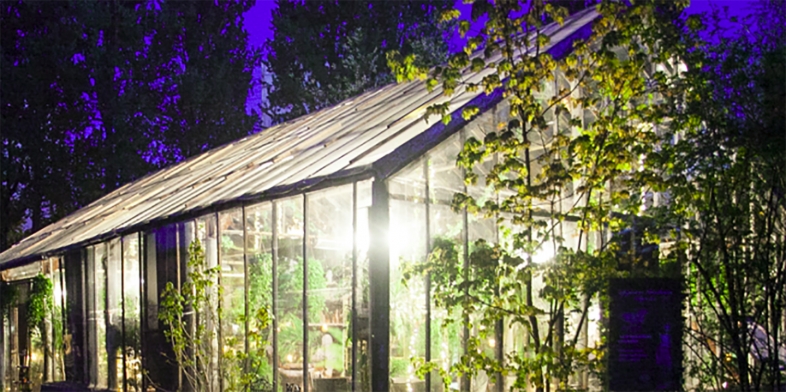In the Baltic countries, we created a perfect cycle for coffee: first we enjoy coffee as a drink together, then we produce energy from used coffee grounds. Finally, the leftovers are used as a soil fertiliser. Together with her team, Marta Piigli, responsible for Paulig’s Out-of-Home business, was involved in the creation and development of new eco-friendly solutions.
In 2018, Paulig collected 10,000 kilos of used coffee grounds for the Vilnius Coffee Festival. The energy produced from these grounds was used for the festival’s lighting. At the same event, Paulig’s take-away cups were systematically collected and recycled for producing construction materials. During the festival, 40 kg of used take away cups were collected. Coffee grounds were also generated to energy for festival guests, who could charge their mobile phones with it.
“We aimed to demonstrate how much we can achieve with small changes in our procedures,” says Piigli.
A year before Paulig’s Lithuanian team intended to light the Christmas tree at the Christmas market of Kaunas with the help of coffee grounds, but the project was so successful that the energy generated from the coffee was enough to light the entire Christmas market.
“It was great to discover how enthusiastically both consumers and businesses participated in this. Instead of the projected 6,000 kilos of used coffee grounds, we collected a total of 15,000 kilos of the grounds over a month. This surpassed all of our expectations,” says Piigli.
The collected grounds were used in the production of renewable energy, after which the grounds were further reused as a fertiliser.

The plants of Riga's Botanical Garden fertilised with coffee grounds
In 2018, Paulig opened a pop-up café in the Botanical Garden of the University of Latvia in Riga, and asked customers to bring over their used coffee grounds. The grounds were used to fertilise the plants and will continue to be used in future projects examining the effect that coffee grounds have on the soil and plants.
“We also have a project underway in which the energy produced from used coffee grounds is donated to an Estonian SOS Children’s Village,” says Piigli.
Small everyday choices have an impact, and we want to encourage everyone to adopt as low-energy habits as possible in their home kitchens as well. You should only make the amount of coffee you plan to drink at any one time and turn off the coffee maker as soon as the coffee is ready.
Thanks to long-term and goal-oriented sustainability work, Paulig was recognised with a silver Sustainability Index medal in Latvia in May 2018.
